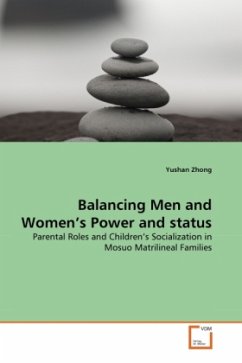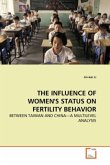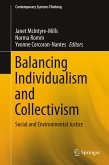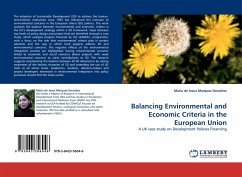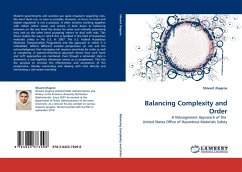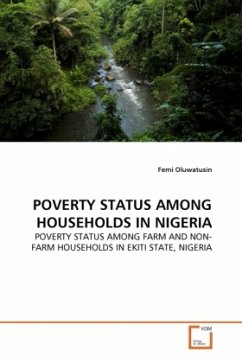Abundant evidences indicate that there is a huge bias of gender inequality that has caused serious social problems in Chinese predominantly patrilineal families. In Southwest China, a group of minority ethic people known as Mosuo still maintain a matrilineal family system. By applying in-depth interviews with twelve Mosuo mothers and three Mosuo maternal uncles from fifteen matrilineal households, this book explores how gender roles are allocated among Mosuo parents; how Mosuo adults socialize their children gender appropriate behaviors and attitudes; how the mechanics of gender-roles allocation and children's socialization influence both men and women's power and status in Mosuo matrilineal families. The conclusion reached is that the huge bias of the gender inequality in Chinese predominantly patrilineal families is decreased to a minimum in Mosuo matrilineal family system by its unique mechanism of gender roles allocation and children's socialization. This book should be especially helpful to the professional readers in the research areas of family, gender, feminism, and matrilineal culture; or anyone who is interested in the topic of family and parenting.
Bitte wählen Sie Ihr Anliegen aus.
Rechnungen
Retourenschein anfordern
Bestellstatus
Storno

